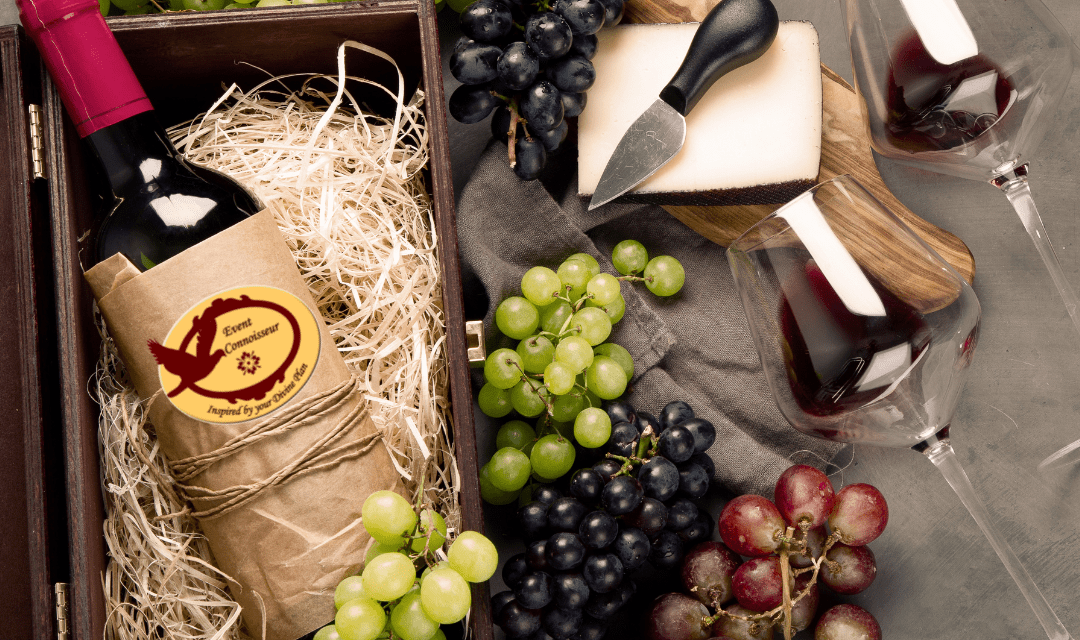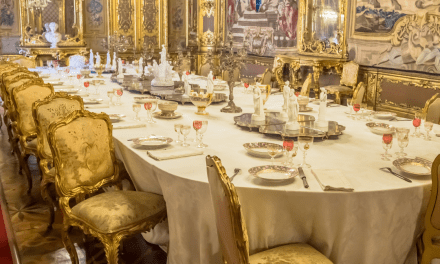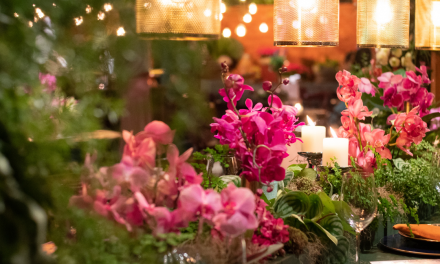If you are planning an event, having a fine wine selection for events is imperative. Whether it’s a wedding, corporate event, or family gathering, you want to make sure that every aspect is perfect. And when it comes to selecting a fine wine, it can be overwhelming, especially if you are not an expert. But don’t worry, we have got you covered. In this article, we will share with you some tips on how to choose the perfect fine wine selection for events that will impress your guests and elevate your event to the next level.
Understanding the Basics of Wine
To choose the perfect fine wine selection for events, it’s essential to understand the basics of wine. This knowledge will help you make informed decisions when selecting the best wine for your occasion. Here are some of the basics of wine that you should know:

Types of Wine
There are different types of wines that are distinguished by their color and taste. The three main types of wine are red, white, and rose.
Red wine is made from red or black grapes. The skins of the grapes are left in contact with the juice during the fermentation process, which gives the wine its deep red color. Red wines have a rich, full-bodied flavor with hints of fruit, spice, and earthy tones. They are often served with red meat, game, and hearty dishes.
White wine is made from white grapes or sometimes red grapes with the skins removed. The juice is separated from the skins before the fermentation process begins, resulting in a clear or pale yellow color. White wines are generally light-bodied and have a crisp, refreshing taste with flavors ranging from citrus to floral. They are often served with seafood, poultry, and lighter dishes.
Rose wine is a blend of red and white grapes. The grapes are crushed together and left in contact with the juice for a short time, giving the wine its distinctive pink color. Rose wines can range from sweet to dry and have a refreshing, fruity taste. They are often served as a chilled aperitif or with salads and light pasta dishes.
Choosing the Right Wine
Choosing the perfect wine for an event can be overwhelming, but taking a few key factors into account can help simplify the decision-making process. The first factor to consider is the occasion itself. The tone and atmosphere of the event should guide the wine selection. For example, a formal event may call for a sophisticated and elegant wine, while a casual gathering may be better suited for a more relaxed and approachable wine.
The second factor to keep in mind is the menu. The flavors and intensity of the food being served should complement the wine. Red wines, such as a bold Cabernet Sauvignon or a smooth Merlot, pair well with rich and hearty meat dishes, while white wines, such as a crisp Sauvignon Blanc or a buttery Chardonnay, complement light and delicate seafood meals. It’s important to consider the flavors of both the wine and the food and how they will interact with each other.
The third factor to consider is the preferences of the guests. Some guests may prefer red wine, while others may prefer white wine. It’s important to offer a variety of options to ensure that everyone can find a wine that they enjoy. You may also want to consider offering a sparkling wine or a sweet dessert wine for those who prefer something different.
Lastly, it’s important to keep your budget in mind. While some fine wines can be expensive, there are many affordable options that offer excellent value for their price. It’s not necessary to purchase the most expensive wines to impress your guests. There are many great wines available that are both delicious and budget-friendly.
By taking these factors into account, you can make an informed decision and select the perfect wine for your event. Remember that ultimately, the goal is to create a memorable experience for your guests, and a carefully selected wine can play an important role in achieving that goal.


Frequently Asked Questions
Q: What is the difference between a Merlot and a Cabernet Sauvignon? A: Merlot is a red wine that is generally softer and fruitier than Cabernet Sauvignon. Cabernet Sauvignon, on the other hand, is a bolder and more full-bodied wine that is characterized by its tannins and complex flavors.
Q: What is the difference between a Chardonnay and a Sauvignon Blanc? A: Chardonnay is a full-bodied white wine that is often aged in oak barrels, giving it a rich and creamy flavor. Sauvignon Blanc is a lighter white wine that is known for its crisp and refreshing taste, often with citrus or herbaceous notes.
Q: How long can you keep an open bottle of wine? A: Once a bottle of wine has been opened, it should be consumed within a few days. To help preserve the wine, the bottle should be recorked and stored in the refrigerator.
Q: What is the difference between a sparkling wine and Champagne? A: Champagne is a sparkling wine that is specifically produced in the Champagne region of France. Other sparkling wines can be produced in different regions and are typically referred to as “sparkling wine.”
Q: What is a corked wine? A: A corked wine is a wine that has been contaminated with a compound called TCA, which can cause the wine to have a musty and unpleasant taste and aroma.
Q: What is the purpose of decanting wine? A: Decanting wine is a process that involves pouring wine from its bottle into a separate container. The purpose of decanting is to separate the wine from any sediment that may have formed in the bottle over time, as well as to allow the wine to “breathe,” which can enhance its flavors and aromas.


Choosing the perfect fine wine selection for events can be challenging, but with the right knowledge and tips, you can impress your guests with the perfect bottle. Remember to consider the occasion, menu, guests’ preferences, and your budget when selecting the right wine. And don’t forget to store the wine properly and serve it at the right temperature. With these tips, you are sure to elevate your event and leave a lasting impression on your guests.






Trackbacks/Pingbacks